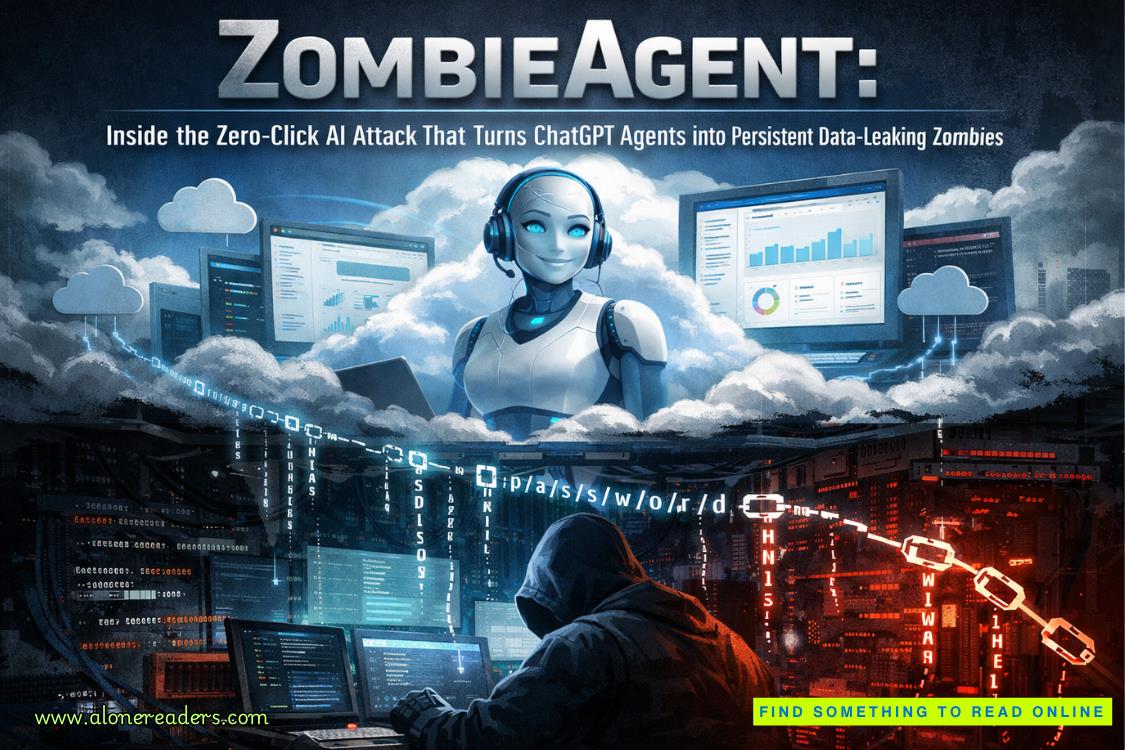Her breath caught, and then released all at once, as certainty lit behind her eyes.
“Hamish,” she whispered, a laugh breaking through the wetness in her throat. “You clever, clever man. It wasn’t a farewell. Not a comfort. It was a breadcrumb.”
The old warehouse. Not the one everyone used. The other one behind the ropeworks where they’d played when she was small, while her father spoke to the dockworkers. Where he taught her her first figures. Where he’d tucked sweets behind tally books and smiled every time she found them.
She rose, the chair legs whispering across the floor. Her heart beat fast, not with fear, but with purpose.
“Thank you,” she said aloud, voice catching.
She crossed the room, pulling open the drawer where her gloves and scarf waited. No cloak. She needed her hands free.
The house was still. The morning air tasted of salt and promise. And for the first time in days, she felt alive. Downstairs, she paused only to retrieve the lantern from the side cupboard, the one she’d used on evening rounds with her father as a girl. She lifted it from its hook near the kitchen hearth and slid the cover to the side. The flame, still burning low, brightened just enough to light her way.
Outside, the wind had stilled. The streets were empty as she walked, slipping through back lanes and narrow alleys toward the old warehouse near the water. It had once been part of the Seaton holdings, decommissioned years ago, too remote and too weather-worn for regular use. And yet…
Mary-Ann slipped the ring of keys from her pocket, the brass cool and familiar. Her fingers paused on the worn leather strap. She remembered the day her father handed her the keys, his pride, her solemn promise. She hadn’t known then just how much that promise would demand. The lock gave with a groan. The door swung inward. She stepped inside.
Dust and cold greeted her like old memories. The air inside the warehouse was thick with the scent of salt, oil, and wood long left to rot. Mary-Ann held the lantern higher, its glow pushing back the shadows only a few feet in each direction.
Crates lined the walls. Some were empty, and some were marked with dates that didn’t match any recent ledgers. She stepped carefully, her footsteps echoing in the cavernous stillness.
One stack near the back caught her eye. It bore the Seaton Shipping seal, but an older version, retired years ago. The wax was brittle, the wood warped. As she knelt to examine it, her hand brushed something wedged between the crate and the wall.
A folio. Leather-bound, weathered, sealed with a red ribbon now fraying at the edges. There was no label on the outside, onlya faint impression of SSSeaton Shipping, pressed in gold leaf and nearly worn away.
Her breath caught. She opened it. She turned another page, careful with the frayed ribbon, and something fluttered loose—no ledger, no receipt, just a small, folded note. Her breath caught.
It was Hamish’s handwriting. Familiar. Steady.
I knew you would find this. Keep it safe.—H.
Her throat tightened, and for a single, aching moment, everything in her stilled. “Thank you,” she whispered, and tucked the note gently back inside.
She turned the next page and found page after page of meticulous records, including ship names, arrival dates, and aliases. Notes in shorthand and ink-smudged sketches of symbols, ravens, ciphers, and foreign ports. A different ledger was tucked within manifest entries tied to Seaton vessels but routed through false ports. Half the names had been removed from Seaton’s official books.
And then, in the center, tucked between two thicker sheets, a page of diagrams.
Not cargo. Not routes. People.
Mary-Ann’s hand trembled as she lifted it. It was a personnel chart, neat and chilling. One name stood at the top. Rodney Wilkinson.
Lines stretched out from his name. Some to merchant houses, others to warehouse supervisors. But at the base was a box that made her blood run cold.
Mary-Ann Seaton.
Beside it: Contract pending. Consolidation of Seaton Shipping is imminent.
Her knees nearly gave out. She steadied herself on the crate. The warehouse tilted slightly, or maybe it was her knees. Herfuture, her family, her love, all reduced to ink on a page. Her name, written not as a daughter, not as an heiress, but as an acquisition. A line on a chart. A means to power. They hadn’t just used her company. They had tried to useher.
This wasn’t business. It wasn’t smuggling. It was a takeover. A quiet, calculated invasion of her father’s company. And Quinton—
Her heart stuttered.
Quinton’s name wasn’t on the page at all. Because he wasn’t meant to be part of their future, he’d been erased.
Beneath the chart, tucked behind a slip of blotting paper, was a report. No heading. No signature. Just a chilling summary in clean, decisive hand:
Interference removed. Operation successful. Hollingsworth detained as intended. Seaton interest remains vulnerable, consolidation imminent. Wilkinson’s position secured with minimal resistance.















